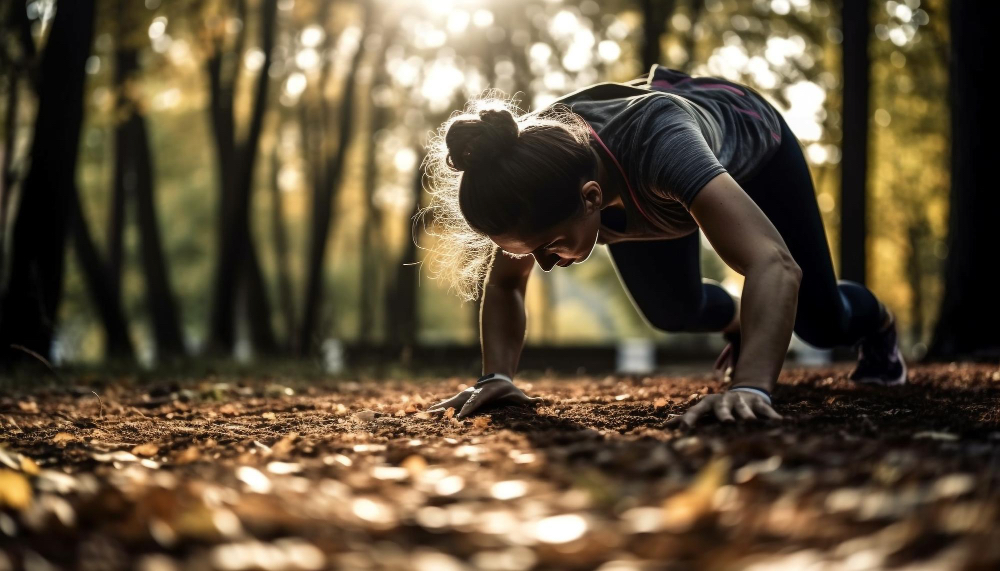The Essential Nutrition Handbook for Athletes: Achieving Maximum Outcome
Introduction:
Athletes’ general health and performance are greatly influenced by their diet. Because athletes use more energy and put more strain on their bodies, they have different dietary needs. Here are some important dietary factors for athletes to think about: Compared to inactive people, athletes often need more calories to fuel their higher energy expenditure. The precise amount of calories required varies depending on age, gender, activity level, and type of sport.
Prepare to explore the realm of sports nutrition, where we will provide you with the skills and resources to enable you to achieve unprecedented levels of success. Watch this space for our next articles on nutrition tips for athletes, along with helpful hints and professional assistance. Let’s work together to nourish our bodies for success!
Nutrition Tips for Athletes
Macronutrients
Carbohydrates, proteins, and fats are the macronutrients that athletes require in a balanced diet.
- Carbohydrates: Specifically, athletes use carbs as their primary energy source. They ought to comprise a sizable amount of an athlete’s diet, particularly in the case of endurance sports. Whole grains, fruits, vegetables, and legumes are good sources.
- Proteins: Proteins are essential for muscle development and repair. Protein intake should be sufficient for athletes to sustain their exercise and recuperation. Lean meats, chicken, fish, dairy products, eggs, and plant-based foods including tofu, lentils, and nuts are examples of sources.
- Fats: Energy and general health depend on healthy fats. Unsaturated fat sources including avocados, nuts, seeds, and olive oil should be a part of an athlete’s diet.
1.Hydration
Drinking enough water is essential for optimal functioning and the avoidance of heat-related diseases. Regular water consumption and replenishing lost fluids through perspiration are important for athletes. Drinks high in electrolytes may be essential for strenuous, extended exercise.
2.Daily Water Intake:
A person’s requirements for water might change according on their age, gender, weight, degree of physical activity, and climate. While 8 cups (64 ounces) of water is a typical recommendation, each person’s needs may vary.
3.Water-Rich Foods:
Include items high in water in your diet, such fruits and vegetables. These meals offer extra nutrients and fiber, as well as helping you stay hydrated overall. Cucumbers, oranges, melons, and celery are a few examples.
4.Micronutrients
Diverse vitamins and minerals are essential for athletes’ optimal health and performance. They should include in their diet foods high in vitamins and minerals, such fruits, vegetables, whole grains, and lean meats. Iron for endurance athletes and calcium for bone health should get particular consideration.
5.Timing
The timing of snacks and meals might affect output. Consuming carbs and protein after a workout can help with recuperation, and eating a balanced meal a few hours before activity can offer you prolonged energy.
6.Supplements
A balanced diet is the best way to get most nutrients, however certain athletes could benefit from taking supplements. Vitamin D, BCAAs (branched-chain amino acids), creatine, and protein powder are examples of common supplements. However, prior to taking any supplements, it’s crucial to speak with a healthcare provider.
7.Individualization
Athletes’ specific needs should be taken into consideration when creating nutrition programs, which should include things like age, gender, sport, level of training, and food preferences.
8.Weight Management
To prevent dangerous behaviors like excessive calorie restriction or dehydration, athletes participating in sports with weight classes or cosmetic components may require instruction on good weight management measures.
Also Read : https://diet2habit.com/diet/the-low-fat-diet-a-heart-healthy/
9.Consistency
Nutritional consistency is essential. To enhance their training and general health, athletes should aim for balanced and regular eating habits.
10.Pre-Event Nutrition Tips for Athletes
Eat a high-carb lunch or snack a few hours prior to a tournament or rigorous training session. This makes sure that your glycogen reserves are at their best for prolonged energy use throughout the activity.
11.Healthy Fats for Sustained Energy:
Eat foods high in avocados, nuts, seeds, and olive oil, among other sources of good fats. These fats support general health and offer long-lasting energy.
12.Individualized Hydration Plans:
Athletes may require different amounts of water depending on their perspiration rate and environment. Create a customized hydration strategy taking into account your body weight, urine color, and thirst indicators.
13.Mindful Eating Practices:
Eat mindfully, observing your body’s signals of hunger and fullness. Avoid distractions while eating, and savor the flavors and textures of your food. This strategy can improve dining experience in general.
14.Limit Highly Processed Foods:
Reduce the amount of highly processed and sugary meals you eat. These meals could be devoid of vital nutrients and offer empty calories. Choose complete, nutrient-dense foods to promote your health and performance at your best.
15.Post-Competition Nutrition Tips for Athletes
Prioritize eating a balanced meal with carbs, proteins, and fats after winning a competition. This aids in both recuperation and restocking energy reserves.
Conclusion:
Anti-doping authorities restrict the use of certain drugs by athletes participating in competitive sports. To make sure that supplements are in conformity with rules, check the labels for any prohibited ingredients and speak with a sports nutritionist.
In order to develop individualized nutrition programs that meet their unique needs and goals, athletes frequently collaborate with sports dietitians or nutritionists. To maximize their performance and health, athletes should listen to their bodies, try out various nutritional strategies, and make changes as necessary.
For Latest News & Updates : https://indiansupdate.com/

